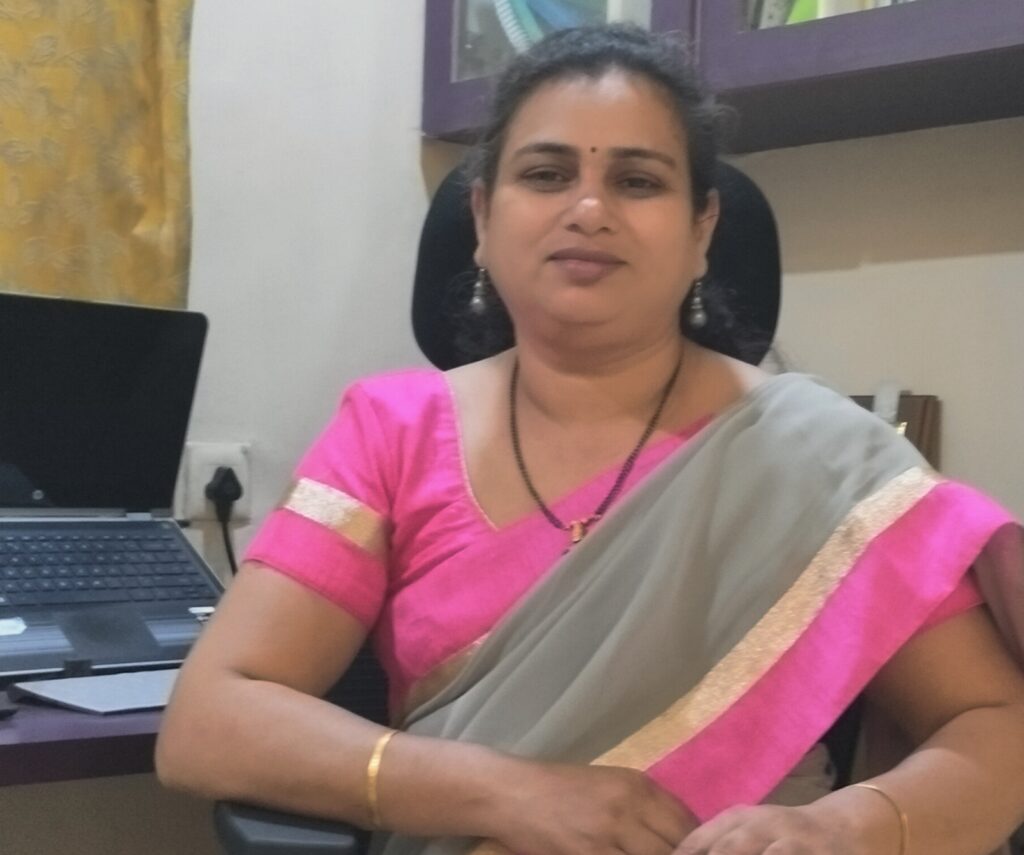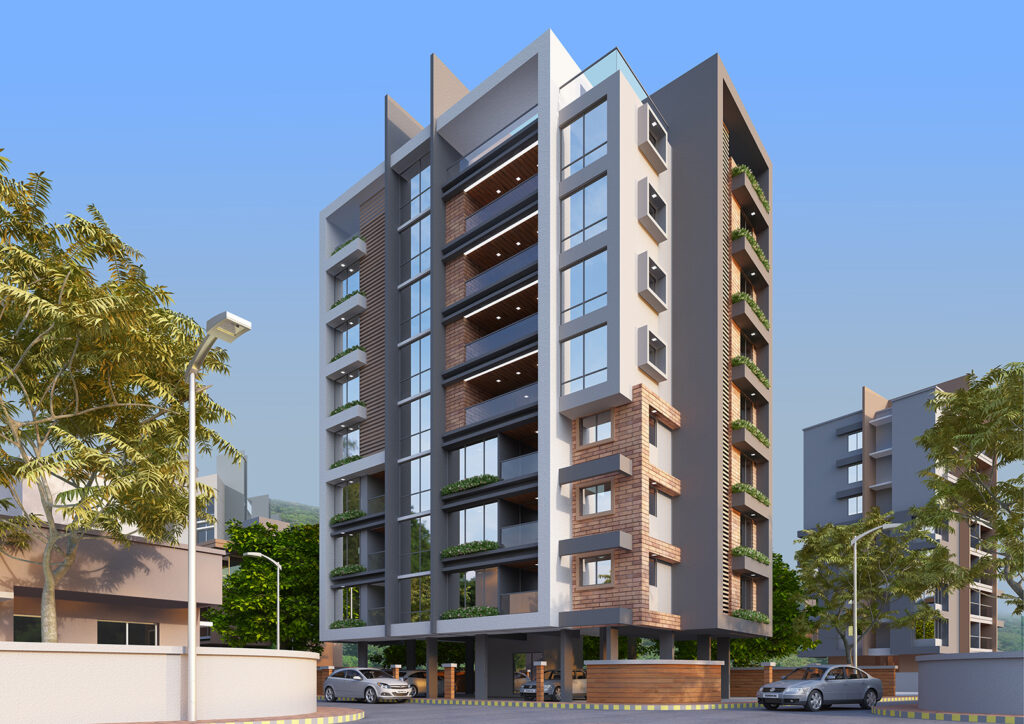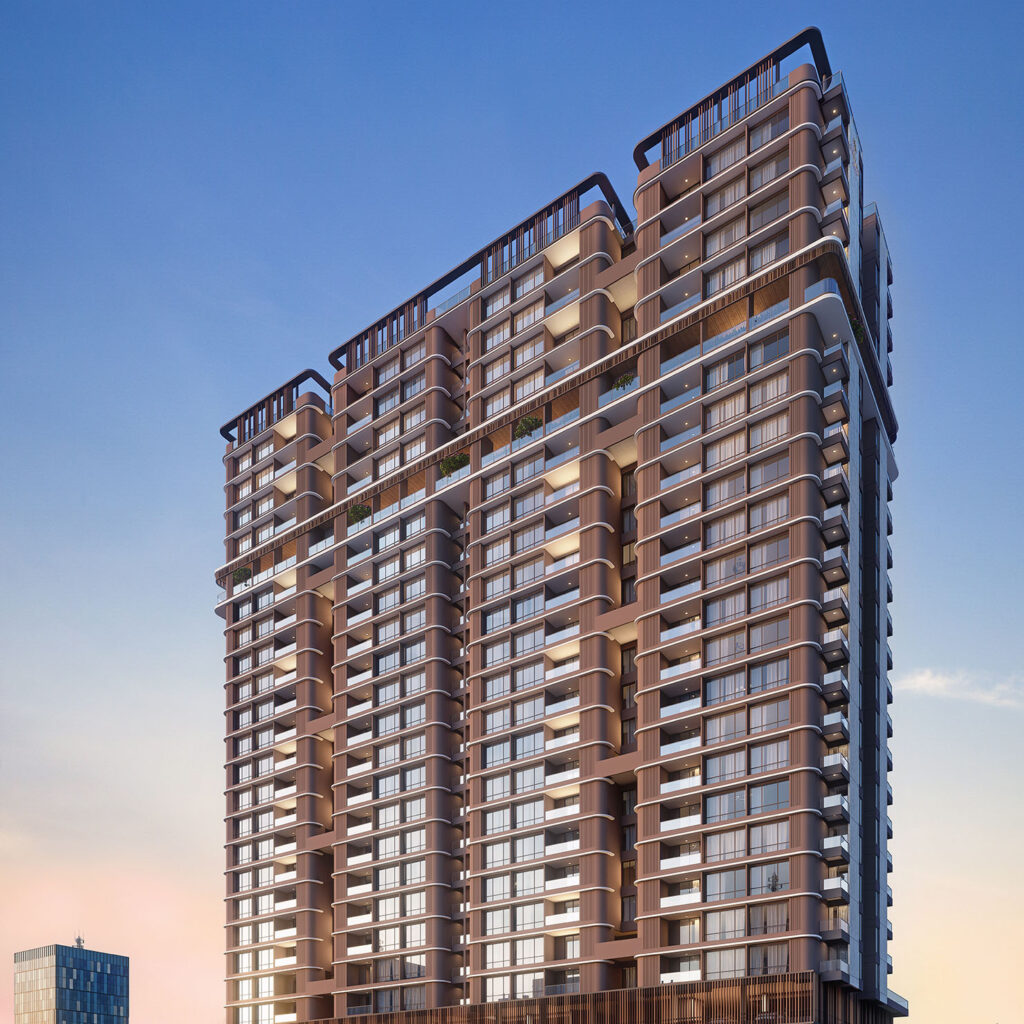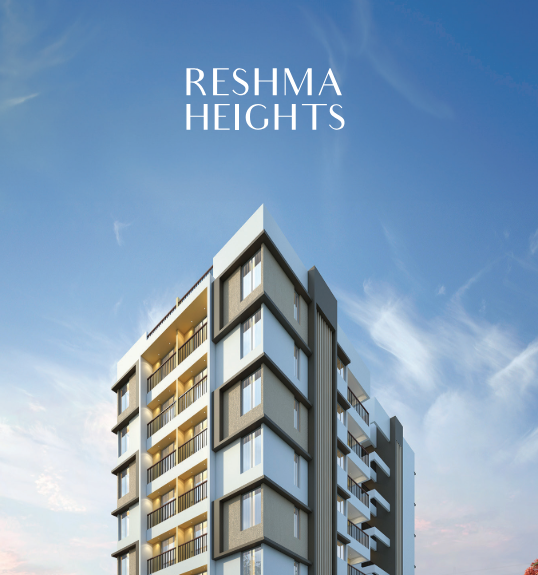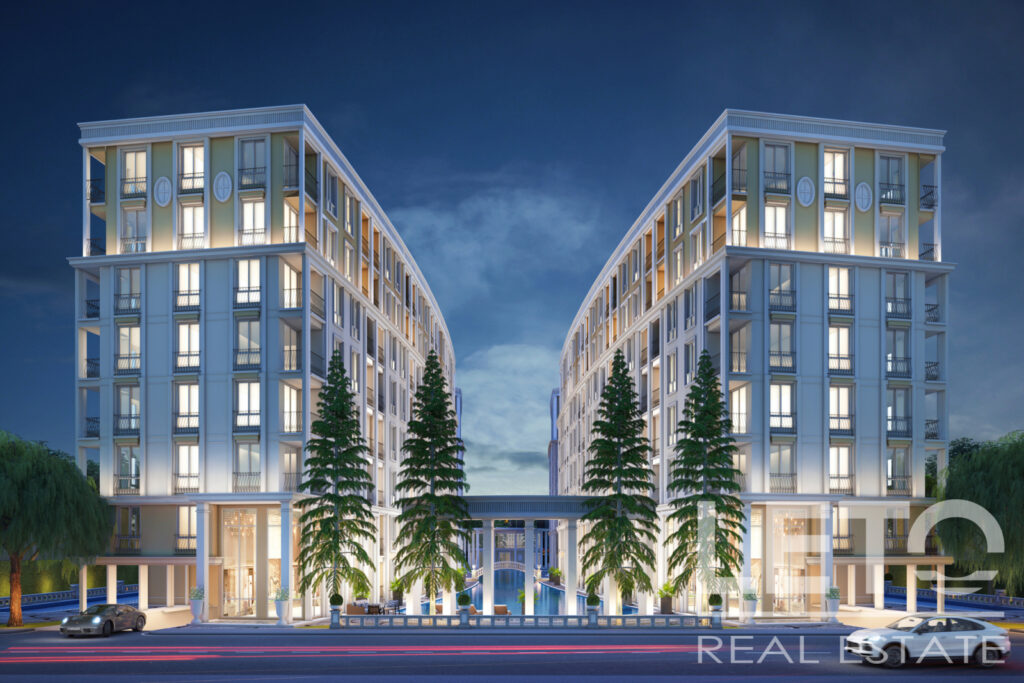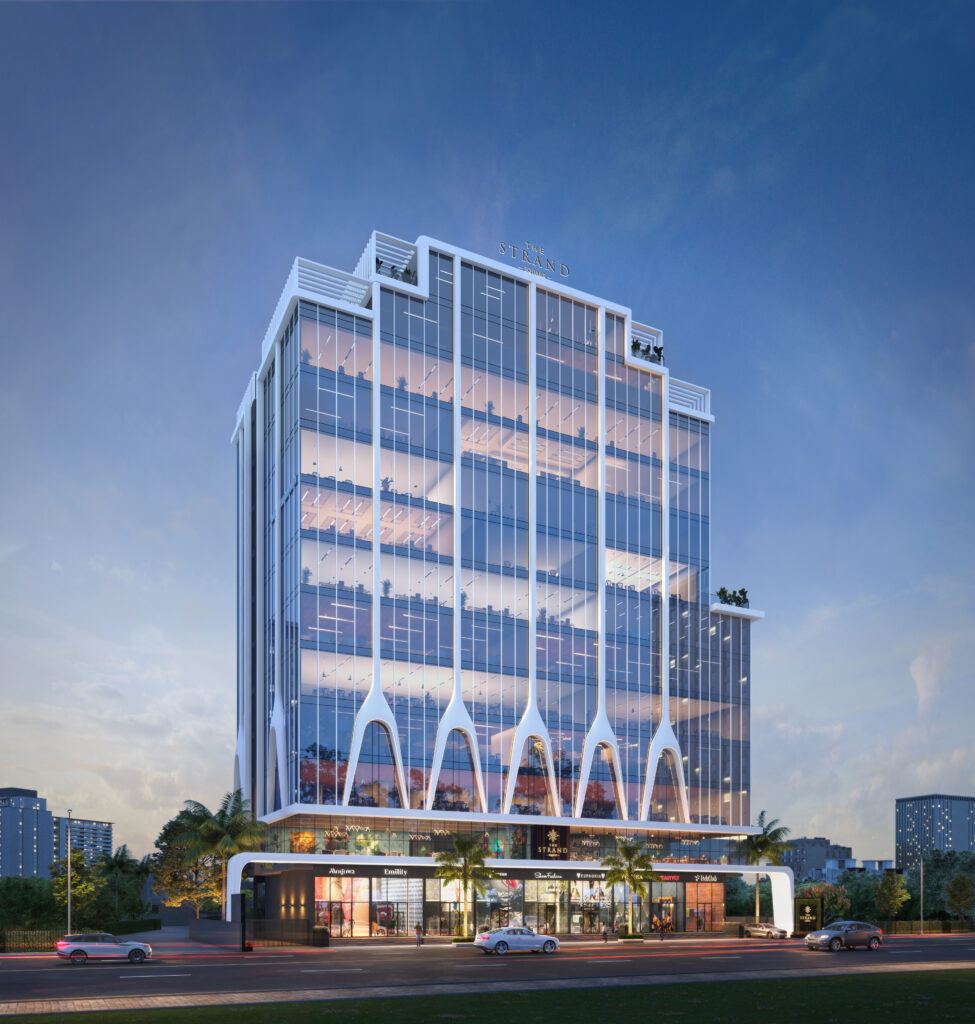MahaVastu for Builders and Civil Contractors: Enhancing Sales and Profitability
MahaVastu for Builders and Civil Contractors: Enhancing Sales and Profitability MahaVastu is an ancient Indian science of architecture and design that aligns physical spaces with natural energies. For builders and civil contractors, integrating MahaVastu principles can significantly impact property sales and profitability. By optimizing the layout and energy flow of a property, builders can create environments that are more appealing to potential buyers, leading to faster sales and higher prices. Enhancing Property Appeal and Sales Optimized Layouts: MahaVastu provides guidelines for the optimal placement of rooms, entrances, and other elements. This creates a harmonious and balanced environment that feels inviting and comfortable to potential buyers. For instance, positioning the entrance in an auspicious direction can attract positive energy and good fortune, making the property more attractive. Positive Energy Flow: Ensuring a smooth flow of positive energy throughout the property can enhance its appeal. MahaVastu techniques, such as using specific colors, materials, and placements, can create a sense of well-being and prosperity. This can make a significant difference in the buyer’s perception and decision-making process. Differentiation in the Market: Properties designed or modified according to MahaVastu principles stand out in a crowded market. They offer a unique selling proposition, appealing to buyers who value traditional knowledge and holistic well-being. This unique aspect can justify premium pricing and attract a niche market segment. Increasing Profitability Reduced Costs: By following MahaVastu guidelines during the planning and construction phases, builders can avoid common design mistakes that lead to costly modifications later. This proactive approach reduces wastage of resources and ensures efficient use of space. Higher Property Value: Properties that incorporate MahaVastu principles can command higher prices. The perceived added value of a Vastu-compliant home can attract buyers willing to pay a premium, thereby increasing overall profitability. Quicker Sales: Well-designed, Vastu-compliant properties are likely to sell faster, reducing the holding costs for builders and contractors. Faster sales turnover translates to better cash flow and higher profitability. Ensuring Timely Project Completion Financial Stability: MahaVastu can help in creating environments that attract financial stability and prosperity. By strategically placing elements that symbolize wealth and growth, builders can ensure a steady flow of funds, minimizing financial obstacles that could delay projects. Labor Harmony: Vastu principles can also foster a harmonious and productive work environment. Proper placement of work areas and amenities can enhance the well-being and motivation of laborers, leading to fewer disputes and higher productivity. Smooth Operations: By aligning the project with natural energies, MahaVastu can help in mitigating unforeseen problems and delays. This alignment ensures a smoother workflow and timely completion of projects. In summary, MahaVastu provides builders and civil contractors with a comprehensive approach to design and construction that enhances property appeal, increases profitability, and ensures timely project completion. By integrating these ancient principles, the real estate industry can achieve greater success and sustainability. Acharya Mahesh Joshi, | www.vasturang.com | +91-9552608856
MahaVastu for Builders and Civil Contractors: Enhancing Sales and Profitability Read More »







